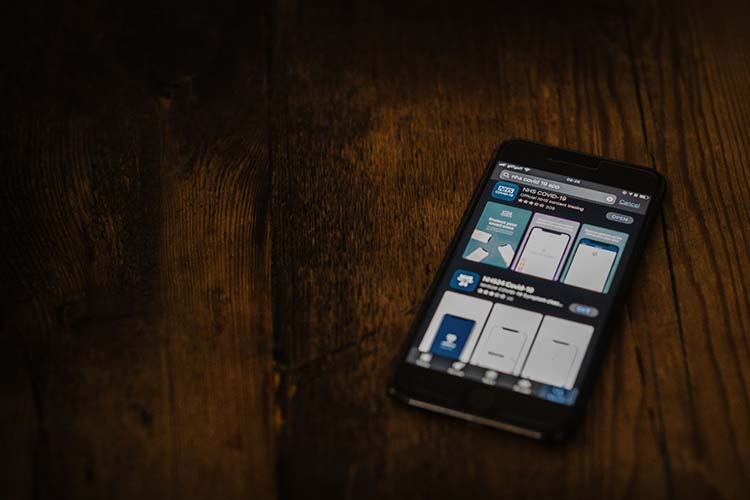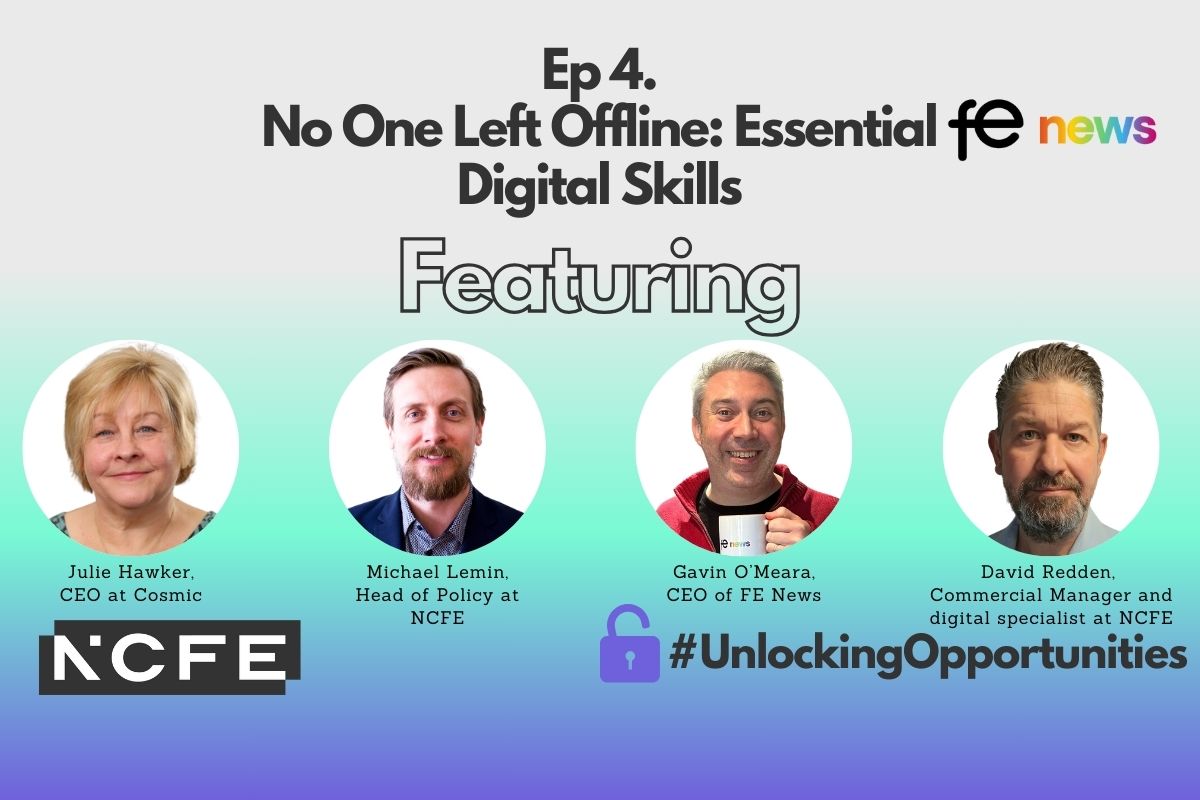Expert tips: How to manage staff wellbeing during a ‘pingdemic’

In the first week of July, over half a million people across the UK received an NHS notification to self-isolate1 after coming into contact with someone carrying Coronavirus.
So, despite a successful vaccine rollout and the lifting of restrictions, the ‘pingdemic’ is having a detrimental knock-on effect on businesses experiencing staff shortages. Hospitality staff must deal with cramped pubs and hostile working conditions, teachers are left with no mandatory face-coverings in schools and the loss of the bubble system, and offices are reopening with little guidance from the government.
Nick Higginson, Managing Director at Phoenix Health and Safety (@PhoenixHSC) and Kevin Ryan, Partner Manager at the workforce management platform, Planday, offer advice on how to help ensure that employees are cared for as they return to work in this time of change.
Mental wellbeing
Nick Higginson comments:
“As most organisations across the UK have begun the process of bringing staff back into the workplace, a vital part of a successful reintegration will be a focus on employee safety and wellbeing.
“We know that employee mental wellbeing is something that has been extremely difficult for employers to maintain throughout the past twelve months – 54% of employees felt overworked and 39% said that they were exhausted2. There has also been growing concern with the rise in cases across the last two weeks from the ‘pingdemic’, causing higher levels of undue stress to many employees in customer-facing roles.
“Managing employee health & wellbeing is something that organisations must keep in mind moving forward if they want not only a safe environment but a lower turnover rate in the workplace.
“We have seen a huge spike in businesses approaching Phoenix Health and Safety to train their employees and HR professionals in our new ‘working with wellbeing’ and ‘stress awareness’ courses, to ensure they can correctly support their employees in a way they’ve never considered before.
“There is a cost to mental health and safety issues in the workplace and it has been proven that businesses who take a proactive approach to employee wellbeing outperform those that don’t in both staff turnover and reduced health & safety fines.”
NEBOSH Chief Operating Officer, Dee Arp, says:
“The wellbeing responsibilities of employers has been a hot topic over the past year. People who are well are typically more resilient to change and adversity. That’s not to say people are expected to be infallible but that by having effective wellbeing support, employees can better cope with significant and unusual situations such as the COVID-19 pandemic we are currently experiencing.”
Scheduling
Kevin Ryan comments:
“The sooner you can distribute the schedule, the better. Especially so you can easily make changes when staff suddenly have to isolate.
“We recommend giving your workers two weeks’ notice of their upcoming hours so they can make any necessary arrangements. The quickest way to distribute the schedule is via a cloud-based app. You don’t want your team members to have to go to the hassle of calling you to see when their next shift is – that’s a waste of everyone’s time. So be sure that the schedule is accessible anywhere, any time of the day.
“Yes, you might need to make last-minute changes, which is where a shift worker app comes in handy, as you can make instant changes and update people on the go. If you can, it’s vital that you give your employees as much notice as possible if they’re going to need to step in.
“If you’re imposing an irregular or unpredictable work schedule on your employees, it’s going to prove difficult for them to maintain any semblance of order in their own lives. If staff then do have to isolate, it will also become easier for other team members to step in.”











Responses